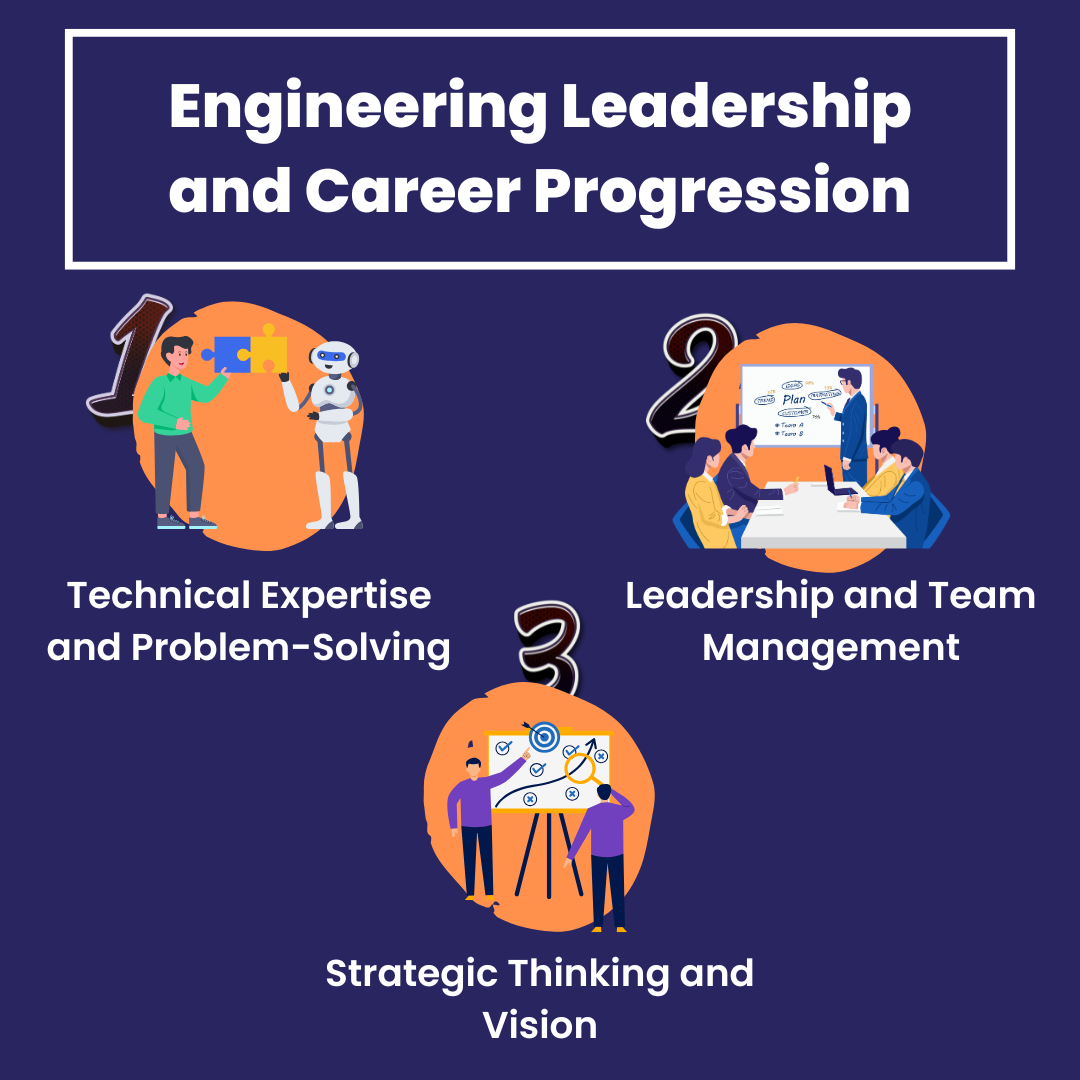Engineering careers are challenging because of new technology, and the field is continuously evolving. Starting as a new engineer can be tough, but there’s always room to grow.
To understand this journey better, we talked to Anath Gupta. He is the Senior Vice President (SVP) of Engineering and Data Science at Included Health.
With his experience, Anat shares tips on building a career, becoming a leader, and growing as an engineer.
The Analogy of a Chef’s Journey
In this part, Gupta took an engineer’s career path as a chef journey.
For instance, if you start at a restaurant as a line cook. After time, you may become the head chef, and you are in charge of the kitchen and the workers in it.
Later on, you may be running a restaurant business where you can be the one to work out the menu. You hire the chefs, manage the money, and see that the restaurant is in good shape. To be promoted, each level requires new skills and a new perspective on the problem.
For engineers, the story is equally similar.
As a part of a team, you mainly rely on your technical proficiency—coding, no bugs, creative problem-solving, etc. But as you progress in your career and end up being a team leader or manager, then your role changes.
You are then managing a team, negotiating, and facilitating how best the team can work to achieve its goals. Then, as soon as you switch to the executive position, your exposure is wider all over again.
Now, you focus on how to coordinate engineering activities for the company’s vision and planning for long-term engineering decisions.
The Changing Skill Set

Early Stage: Technical Expertise and Problem-Solving
First, technical skills are a must. They show you are an expert in your field.
Just like cooking has set recipes, engineers spend years learning to solve problems and build technical skills.
Success depends on the quality of your work and how well you handle tough tasks. It helps you find better ways to improve, learn from mistakes, and gain confidence in your expertise.
Mid-Stage: Leadership and Team Management
When you start getting promoted to managerial positions, you’re no longer just accountable for the job you do. You are accountable for your team’s success or failure in the team you’re operating.
During this stage, you have to learn skills such as communication and cooperation, as well as conflict-solving.
For instance, a head chef oversees that everyone in the kitchen is working properly, trains other cooks, and manages pressure and stress, amongst other things.
Likewise, as an engineering manager, you’re also the facilitator, responsible for supporting your team and ensuring that they all work toward the company’s objectives effectively.
Executive Stage: Strategic Thinking and Vision
Getting an executive position is like running a restaurant.
At this level, you need to make smart choices that help the company grow. You also need to ensure engineering activities bring real benefits to the business.
You also need to be aware of what is happening in the field of operation. It’s not about delivering one’s specific tasks only. It also means having the knowledge to guide the whole business.
Key Skills for Advancing Up the Ladder
Here we will talk about three essential skills that can propel your career forward: effective technical skills and knowledge, people management skills, and strategic focus.

Technical Excellence
If you have skills that match your career, doing your job well becomes key to getting promoted.
For example, a software engineer who writes great code can quickly become a coding expert.
This not only makes him efficient but also creates the basis for solving bigger problems. The more technical you are, the easier it will be for you to grow.
Leadership Skills
When you progress through the career ladder in a job, the role evolves.
Leadership is about speaking, being able to handle people, and being able to lead different individuals.
Think of yourself off as a chef. First of all, your job is to cook delicious meals.
But as a leader, you’re the one who is responsible for the entire kitchen. You coordinate the group and ensure the operations go well. Likewise, as a team leader, you have to encourage the team.
Business Acumen
At higher levels, you work on the whole business.
For instance, if you operate a restaurant, you don’t only concentrate on the cooks.
You also consider where the ingredients are sourced from, how the customer perceives your brand, and how the business is recognized.
As such, any kind of work that you do should meet the goal of the company that you are working for.
It helps you to make the right decision on what to do and adds more value to your organization or business.
How Can Effective Team Management Contribute to Engineering Leadership and Career Progression?
Effective engineering team management fosters collaboration, innovation, and productivity, driving projects to successful completion. By cultivating a supportive environment, leaders inspire their teams to excel, which enhances individual skills and competencies. This, in turn, creates opportunities for career progression, establishing strong pathways for future engineering leaders.
Proactive Career Growth Strategies
Growth-minded is when you ask, “What can I do?”
You do not sit back and wait for promotions when you are serious about advancement in your jobs. Rather, you look for hard tasks that shape your expertise.
If one can move out of the comfort zone, then it can also open different opportunities for learning things. It also increases confidence and flexibility.
Mentorship and Coaching
A good mentor can transform your career. They help you guide your decisions, and provide new perspectives. A mentor doesn’t do the work for you but helps you focus your efforts.
But how do you find a mentor?
Look for people you admire—leaders or seniors you respect. Build genuine connections with them and share your goals. Be open and clear about how they can help you.
Continuous Learning
In a fast-changing world, you will be left behind.
That’s why Anant emphasized learning new trends, tools, and technologies to stay ahead in your field. You can take courses, read industry news, or join webinars.
Finding happiness at work is a must. When your career feels purposeful and balanced, it can transform how you approach life.
Aligning Career Goals with Passion

Many engineers start with a broad field but find their niche by following what excites them most. Suppose you love solving real-world problems; eventually it will make you specialize in that field.
When you align your work with passion—it can sometimes take time, but at the end of the day, you can be satisfied with what you do.
Work-Life Balance
We often ignore balancing personal well-being. Gupta said that success doesn’t happen overnight, and deliberate effort is key.
For this, you need to set clear boundaries, like no official work after 7 PM. After that, set aside time for personal passions.
As Gupta says, whether you aim to be a standout engineer or a people manager, growth needs to be steady and deliberate.
Final Words
So you see, there are many sides to engineering careers. The journey changes a lot. No matter what the role is, it is important to have technical skills, leadership, and business knowledge for success.
A career doesn’t always move in a straight line. That’s why Anant suggests having clear goals, finding good mentors, and learning all the time. It can help you handle challenges and reach your dreams.




